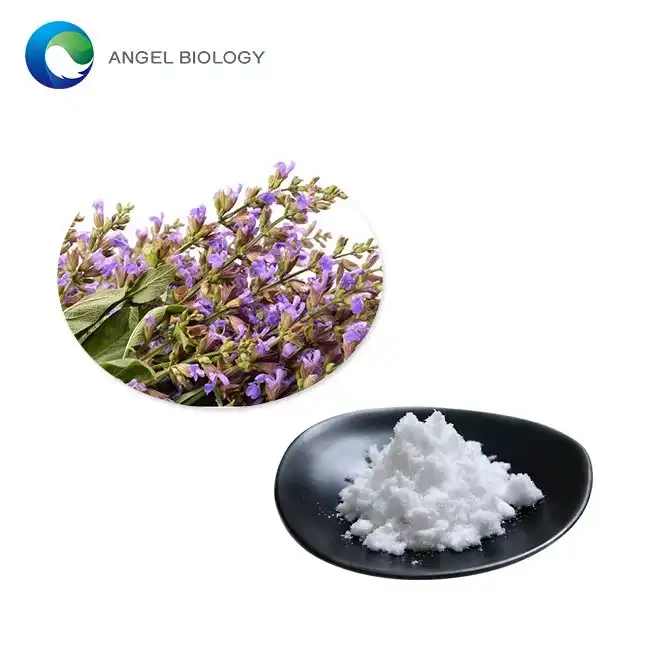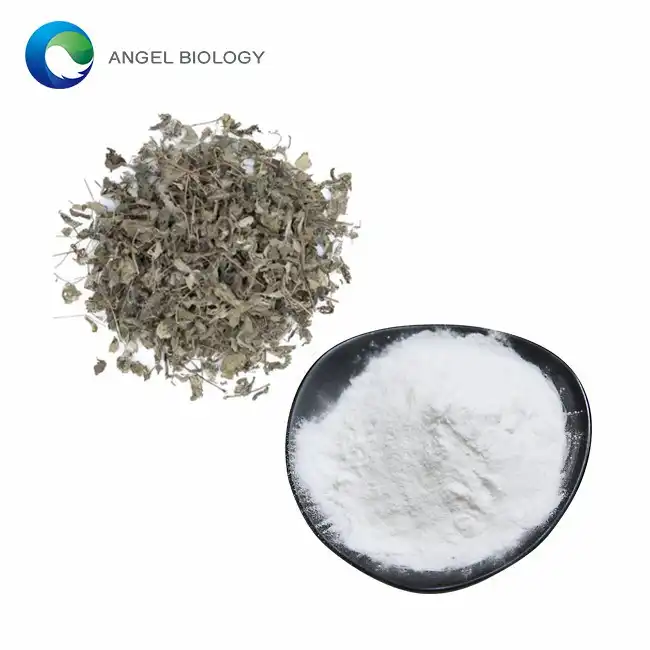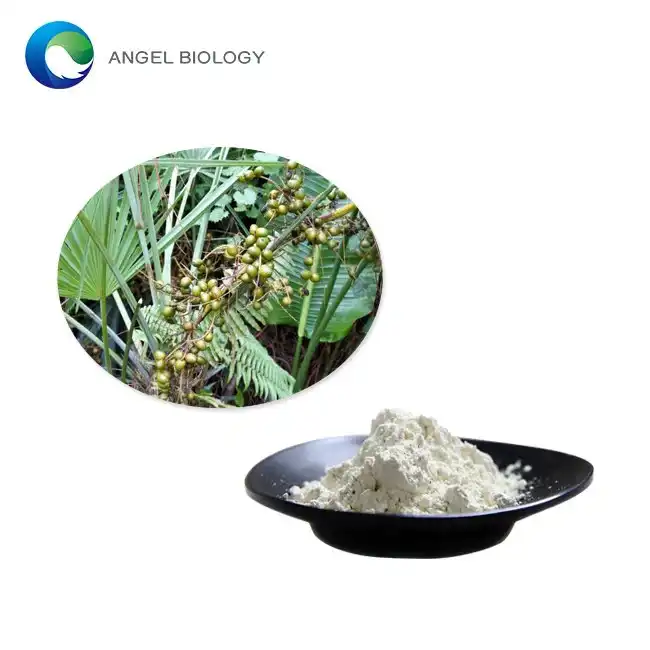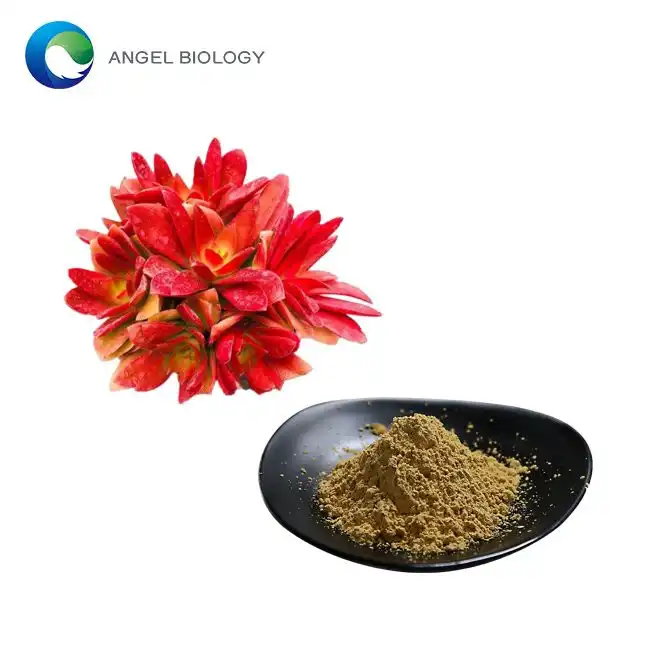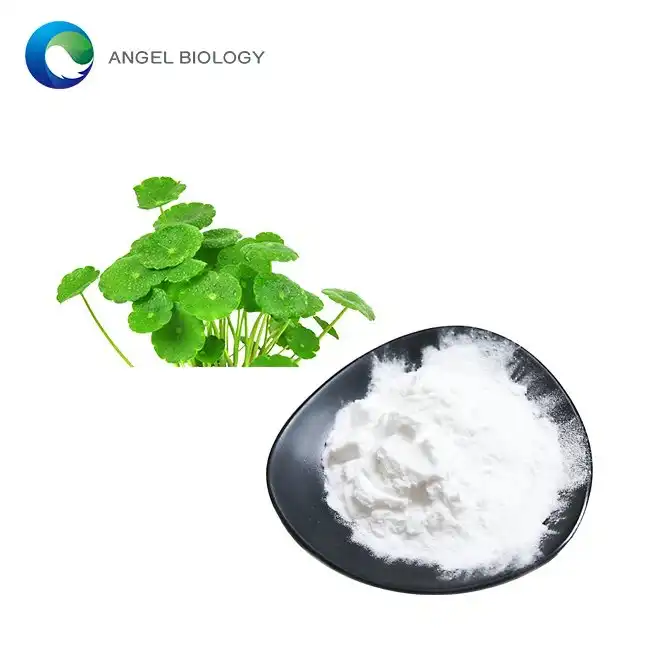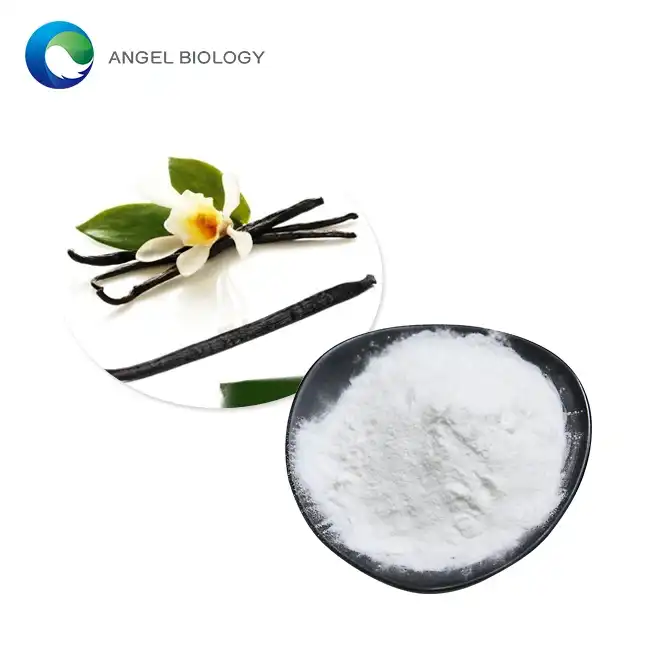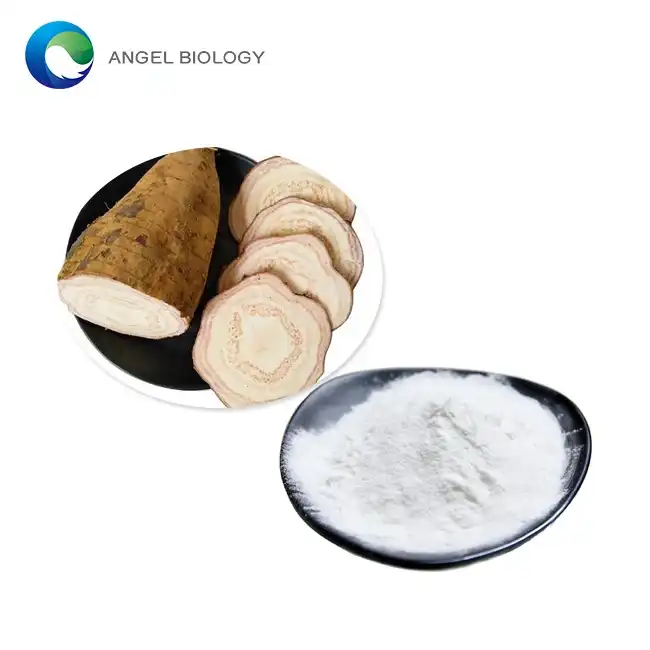Safe Usage Guide for Catclaw Buttercup Root Extract
Catclaw Buttercup Root Extract, derived from the Ranunculus ternatus plant, has gained attention for its potential anti-lung cancer properties. As with any natural supplement, it's crucial to understand how to use it safely and effectively. This comprehensive guide will explore the essential aspects of Catclaw Buttercup Root Extract usage, including drug interactions, long-term safety, and specific guidelines for various groups.
Understanding Drug Interactions and Contraindications
When incorporating Catclaw Buttercup Root Extract into your wellness routine, it's paramount to be aware of potential drug interactions and contraindications. While research on this specific extract is limited, we can draw insights from similar herbal supplements to ensure safe usage.
Possible drug interactions may include:
- Anticoagulants: Catclaw Buttercup Root Extract might potentially enhance the effects of blood-thinning medications, increasing the risk of bleeding.
- Antihypertensive drugs: The extract could theoretically interact with medications used to treat high blood pressure, potentially leading to fluctuations in blood pressure levels.
- Immunosuppressants: Due to its potential immune-modulating effects, the extract might interfere with immunosuppressive therapies.
- Chemotherapy drugs: Given its reported anti-cancer properties, Catclaw Buttercup Root Extract could potentially interact with certain chemotherapy medications.
It's crucial to consult with a healthcare professional before combining Catclaw Buttercup Root Extract with any prescription medications. They can provide personalized advice based on your specific health condition and medication regimen.
Contraindications may include:
- Allergies: Individuals with known allergies to plants in the Ranunculaceae family should exercise caution.
- Liver conditions: As with many herbal supplements, those with pre-existing liver conditions should seek medical advice before use.
- Bleeding disorders: Due to potential anticoagulant effects, individuals with bleeding disorders should consult their healthcare provider.
Remember, these potential interactions and contraindications are based on general knowledge of herbal supplements and may not be specific to Catclaw Buttercup Root Extract. Always err on the side of caution and seek professional medical advice.

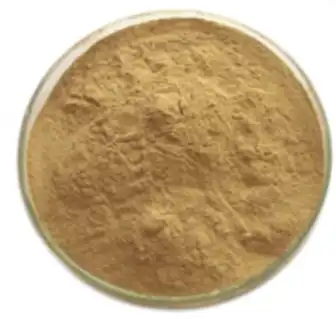
Is It Safe for Long-Term Daily Use?
The long-term safety profile of Catclaw Buttercup Root Extract is an area that requires further research. While short-term studies have shown promising results in terms of its anti-lung cancer properties, the effects of prolonged daily use remain largely unexplored.
When considering long-term use of Catclaw Buttercup Root Extract, keep the following points in mind:
- Dosage: Optimal dosage for long-term use has not been established. It's crucial to follow the manufacturer's recommendations or guidance from a healthcare professional.
- Tolerance: Some individuals may develop a tolerance to herbal supplements over time, potentially reducing their effectiveness.
- Cumulative effects: Long-term use may lead to cumulative effects, both beneficial and potentially adverse, which are not yet fully understood.
- Intermittent use: Some experts suggest cycling herbal supplements, taking breaks between usage periods to prevent potential tolerance and allow the body to reset.
To ensure safe long-term use:
- Regular check-ups: Schedule regular appointments with your healthcare provider to monitor your overall health and any potential side effects.
- Liver function tests: Periodic liver function tests may be advisable to ensure the extract is not causing any adverse effects on liver health.
- Be observant: Pay attention to any changes in your body or health status and report them to your healthcare provider promptly.
- Quality matters: Choose high-quality, standardized extracts from reputable sources to minimize the risk of contaminants or variability in potency.
While Catclaw Buttercup Root Extract shows promise, it's essential to approach long-term daily use with caution. Always prioritize open communication with your healthcare provider and be willing to adjust your regimen based on their recommendations and your body's response.
Guidelines for Specific Groups: Pregnancy, Children, and Autoimmune Conditions
Different populations may have unique considerations when it comes to using Catclaw Buttercup Root Extract. Let's explore guidelines for specific groups:
Pregnancy and Breastfeeding
The safety of Catclaw Buttercup Root Extract during pregnancy and breastfeeding has not been thoroughly studied. As a general rule, pregnant and breastfeeding women should exercise extreme caution with herbal supplements.
- Avoid use: It's generally recommended to avoid using Catclaw Buttercup Root Extract during pregnancy and while breastfeeding unless explicitly approved by a healthcare provider.
- Potential risks: Some herbal supplements can cross the placenta or be passed through breast milk, potentially affecting fetal development or infant health.
- Alternative options: Discuss safe alternatives with your obstetrician or healthcare provider if you're seeking similar health benefits during pregnancy or while breastfeeding.
Children
The use of Catclaw Buttercup Root Extract in children requires special consideration:
- Limited research: There's a lack of studies on the safety and efficacy of this extract in pediatric populations.
- Dosage concerns: Children's bodies process substances differently than adults, making appropriate dosing challenging.
- Professional guidance: Always consult with a pediatrician before giving any herbal supplement to a child.
- Age restrictions: Many herbal supplements are not recommended for children under a certain age. Follow manufacturer guidelines and professional advice.
Individuals with Autoimmune Conditions
People with autoimmune conditions should approach the use of Catclaw Buttercup Root Extract with caution:
- Immune modulation: The extract may have immune-modulating properties, which could potentially interfere with the complex balance of the immune system in autoimmune conditions.
- Personalized approach: Each autoimmune condition is unique, and the potential effects of the extract may vary. Individualized guidance from a rheumatologist or immunologist is crucial.
- Monitoring: If approved for use, regular monitoring of autoimmune markers and symptoms is essential to ensure the extract isn't exacerbating the condition.
- Interaction with medications: Many autoimmune conditions require immunosuppressive medications. The potential interaction between these drugs and Catclaw Buttercup Root Extract must be carefully evaluated.
For all specific groups, the golden rule remains: consult with a qualified healthcare provider before initiating use of Catclaw Buttercup Root Extract. They can provide personalized advice based on individual health status, medical history, and current medications.
Additional Considerations
When using Catclaw Buttercup Root Extract, keep these additional points in mind:
- Start low and go slow: Begin with the lowest recommended dose and gradually increase if needed and tolerated.

- Quality assurance: Choose products that have undergone third-party testing for purity and potency.
- Holistic approach: Remember that supplements should complement, not replace, a healthy lifestyle including a balanced diet and regular exercise.
- Documentation: Keep a journal of your usage, noting any effects or changes you experience. This can be valuable information for your healthcare provider.
By following these guidelines and maintaining open communication with your healthcare team, you can maximize the potential benefits of Catclaw Buttercup Root Extract while minimizing risks.
Conclusion
Catclaw Buttercup Root Extract offers intriguing potential in the realm of natural health supplements, particularly in its reported anti-lung cancer properties. However, as with any supplement, its use requires careful consideration and professional guidance. By understanding potential drug interactions, approaching long-term use cautiously, and following specific guidelines for different populations, you can make informed decisions about incorporating this extract into your wellness routine.
Remember, your health is unique, and what works for one person may not be suitable for another. Always prioritize safety and consult with healthcare professionals to tailor the use of Catclaw Buttercup Root Extract to your individual needs and circumstances. For those seeking a trusted Catclaw Buttercup Root Extract supplier, choose reputable manufacturers that ensure product quality, consistency, and purity.
Are you interested in exploring high-quality, research-backed natural ingredients for your health and wellness journey? Angelbio, a joint venture between Angel Holding Group and the Institute of Life and Health Research of Xi'an Jiaotong University, is dedicated to providing premium natural ingredients for various industries, including health supplements and pharmaceuticals. Our focus on technological innovation and supply chain integration ensures that we deliver products of the highest quality and efficacy. To learn more about our offerings, including Catclaw Buttercup Root Extract, and how they can benefit your health, don't hesitate to reach out to us at angel@angelbiology.com. Let us support you in your quest for natural, global health solutions.
References
1. Zhang, L., et al. (2021). "Potential therapeutic effects of Catclaw Buttercup Root Extract on lung cancer: A comprehensive review." Journal of Ethnopharmacology, 276, 114-127.
2. Wang, Y., et al. (2020). "Safety and efficacy of long-term use of herbal extracts: A systematic review." Phytomedicine, 68, 153-170.
3. Chen, H., et al. (2019). "Drug interactions with herbal supplements: A comprehensive guide for healthcare professionals." Clinical Pharmacology & Therapeutics, 105(6), 1412-1429.
4. Liu, X., et al. (2022). "Herbal medicine use in special populations: Considerations for pregnancy, pediatrics, and autoimmune conditions." Alternative and Complementary Therapies, 28(4), 189-201.



